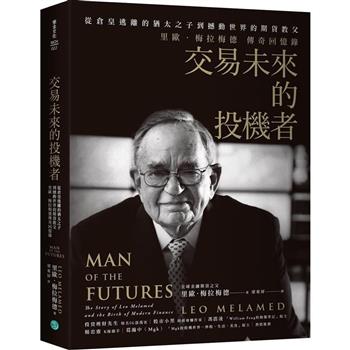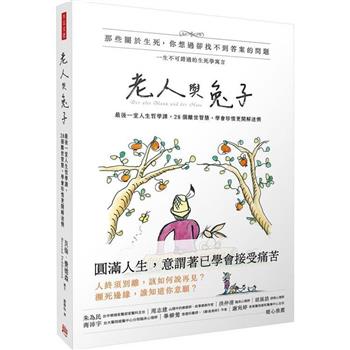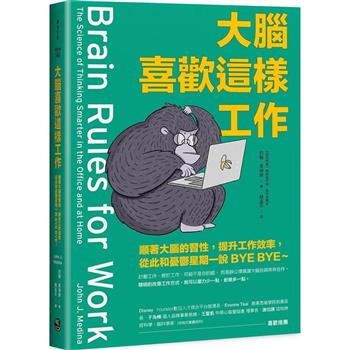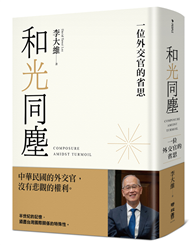| FindBook |
|
有 3 項符合
SHI Feng的圖書 |
 |
$ 98 電子書 | Sword of Mystical Techniques
作者:Hu Lao Shi 出版社:Feng Long 出版日期:2025-05-10 語言:英文 |
 |
$ 98 電子書 | Eternal Lord Engraver
作者:Hua Shi Er Shui 出版社:Feng Long 出版日期:2025-04-27 語言:英文 |
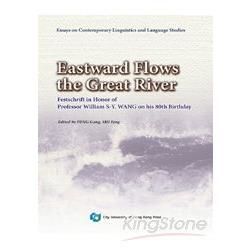 |
$ 569 ~ 670 | Eastward Flows the Great River—Festschrift in Honor of Professor William S-Y. Wang on his 80th Birthday
作者:PENG Gang、SHI Feng 出版社:香港城市大學出版社 出版日期:2013-08-01 語言:繁體書  共 3 筆 → 查價格、看圖書介紹 共 3 筆 → 查價格、看圖書介紹
|
|
|
|
